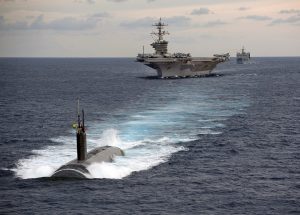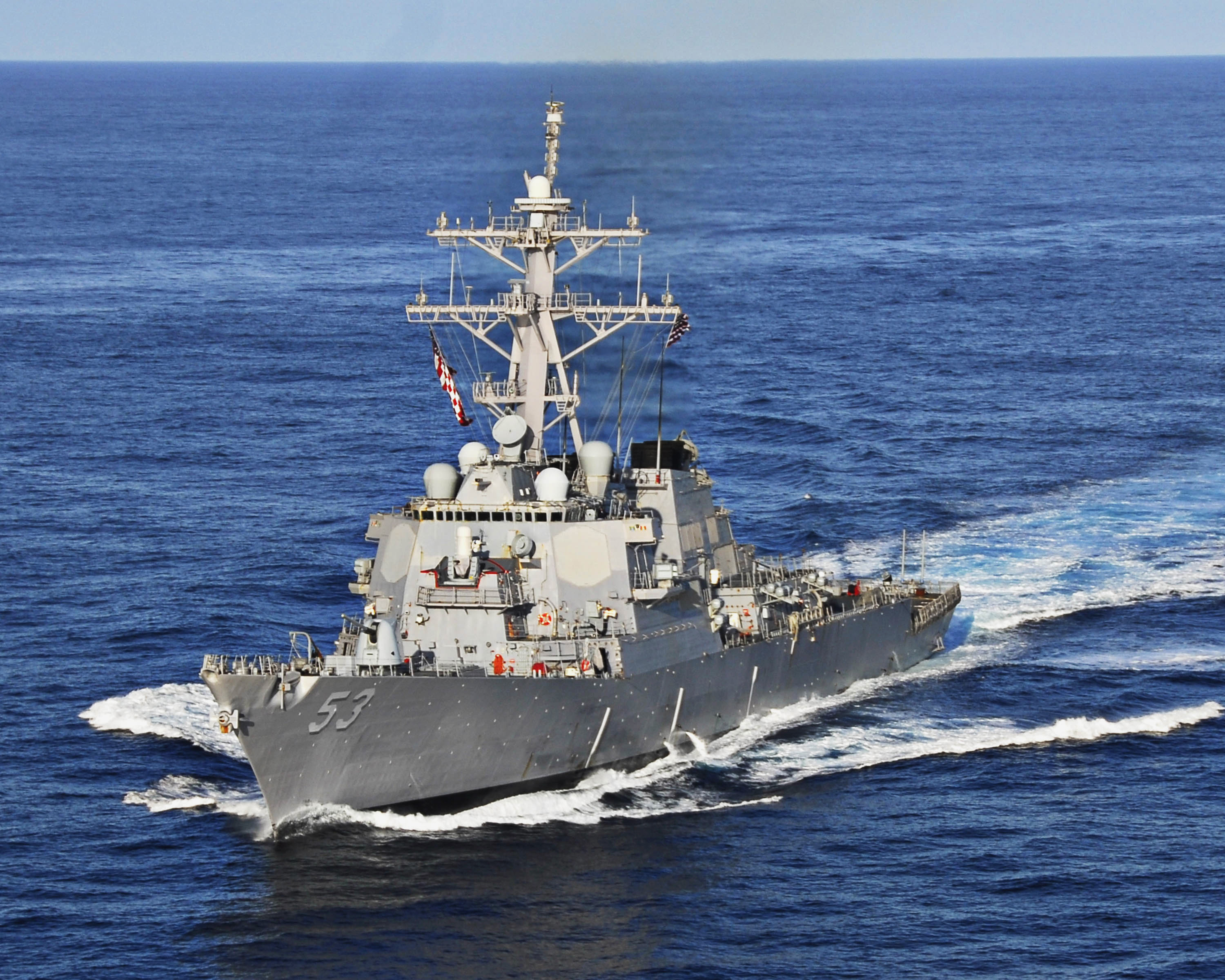Sharif Mustajib
University of Chittagong , Bangladesh.
Permanent Court of Arbitration has stated a verdict on South China Sea over China-Philippine dispute. Its favors Philippine’s claim that China has no legal rights to dominant 86 per cent of the area within “nine-dash” line but china boycotted.
It’s a consequence of powerful counties of disobeying international law when essentiality of international law is rising all over the world. No doubt that South China Sea is one of the most geopolitical factors all over the world, it encompasses 50 per cent global business pathway. Additionally it conserves a huge number of mineral resources. But such kind of consequence rejection of international legal authority could harm total human beings and degrades environment.
Looking back, in 2013, Russia denied international law in case of Netherland’s claim over arresting of Dutch flagged ship “Arctic Sunrise” by Russian coast guard. Russia not only arrested two Dutch citizens along with 28 Green Peace activists but also charged 15 years imprisonment. Netherlands sued to International tribunal. When PCA (permanent court of Arbitration) ruled that Russia had violated the international sea law and ordered to compensate, Moscow refused.
In 1986, US vs. Nicaragua case are another example of powerful countries of practicing disobeying of international law, when US interpreted Nicaragua’s harbor. When International Court of justice verdict that US violated customary international law, US didn’t appear before ICJ at merit stage and refused claiming that it has inherent right of collective defense. Finally US used UN Security Council in favor of her.
Likewise, last year PCJ ruled over UK establishing marine protected area on Chagos Island unilaterally. But British government disregarded the ruling and the Marine Protected Area remains in place today.
On the other hand, there are some positive examples of honoring International law. Bangladesh-India sea dispute is prominent one. In 2009 Bangladesh lodged a case against India. After five years of legal procedure, PCJ awarded a verdict saluting Bangladesh’s claim over 200 nautical miles of Exclusive Economic Zone. Previously, International tribunal for the Law of the Sea (ITLOS) dismissed another dispute between Bangladesh –Myanmar.

South China Sea disputes
South China Sea is a marginal area of Pacific Ocean encompassing Karamita and Malacca straights. Its main importance remains before geopolitical factors. It covers about 50 per cent of total world business pathway mockery over unlimited mineral resources. It is said that is conserves 7billion barrels of oil and 900 trillion of natural gas. The regional countries China, Japan, Indonesia, Vietnam, the Philippines, Taiwan, Malaysia and Brunei all have competing claims.
china claims that it was under china in hung dynasty and Chiang ki Shek ruled up to nine dash line. It issued a map showing that Paracel and Spartly Island were its integral part in 1947. So, China claims so far and large number of territory from its province of Hainan. Tension raised on top when China built artificial island in 2015.
Vietnam also says that historically this area was ruled by it and ruled over both Spartly and Paracel during 17th centuries and claims that China had no role before 1940.
Philippines claims on the basis of geographical proximity. Malaysia, Brunei claims that it covers within their Exclusive Economic Zone.
To the consequence, United States has been related on the issue. Whole scenario became a warlike situation when they confronted. It seems positive when Philippine appealed to PCA. The PCA awarded according to international law recently. But China’s reaction has frustrated the community.
The convention for the law of the sea 1982 is a result of struggle of developing countries from 1973 to 1982 to establish their rights. There are very particular solutions of such problems. But self interested world politics are decreasing the utility.
Renowned writer on International relations Samuel P Huntington said in his famous book “The Clash of Civilizations and The Remarking World Order” that ocean could be the apple of discord of third World War. We, the peace loving global community don’t want to see it to happen.
Sharif Mustajib
Student, International Relations
University of Chittagong.

Share your thoughts
One Reply to “South China Sea: distortion between International law and Geopolitics”